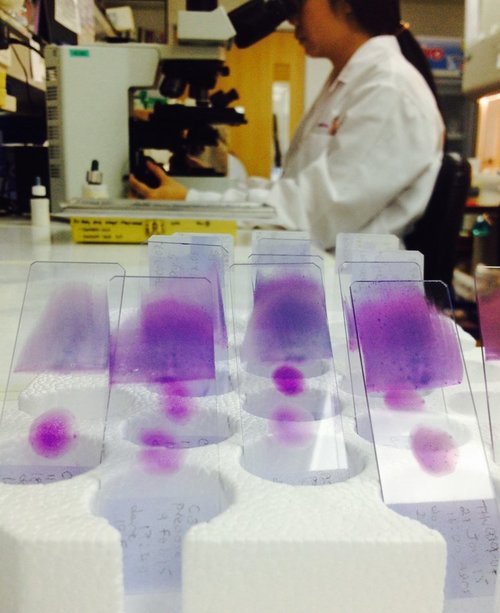There are four basic concepts of genetics: variation, inheritance, mutation, and recombination. Variation is the difference between one organism and another with regard to its genes.
The mutation is a change in the genetic code that occurs naturally during the process of inheritance. Recombination is the union of two different genes, resulting in a new gene.
Also, some geneticist collects biomaterials covering such disease targets as oncology, dermatology, neurology, immunology, infectious diseases, and autoimmune and metabolic disorders.

How Does Genetics Affect Our Lives?
Genetics influences our lives in many ways. For example, genetics influence our physical appearance and our abilities to become fine. It can also determine how likely we are to develop certain diseases.
There are roughly 20,000 genes in the human body. Each gene is responsible for controlling one particular aspect of our physical or mental health.
Genes play a very important role in our health. They are responsible for controlling everything from our hair color to our ability to digest food.
Genes can affect our health in a number of ways. For example, some genes can cause us to develop cancer. Other genes can influence the way our body responds to drugs or alcohol.
The Most Common Genes:
One of the most important things you can learn about genetics is the most common genes in the world. In fact, almost every person has at least one of these genes (DNA and RNA)
The most common genes are responsible for everything from eye color to height. They determine how your body will look and how you will function (DNA and RNA)
Some of the most common genes are responsible for diseases like cancer. If you have a gene that predisposes you to a disease, you are more likely to develop it if you are exposed to that disease or if it happens to you in your lifetime.

